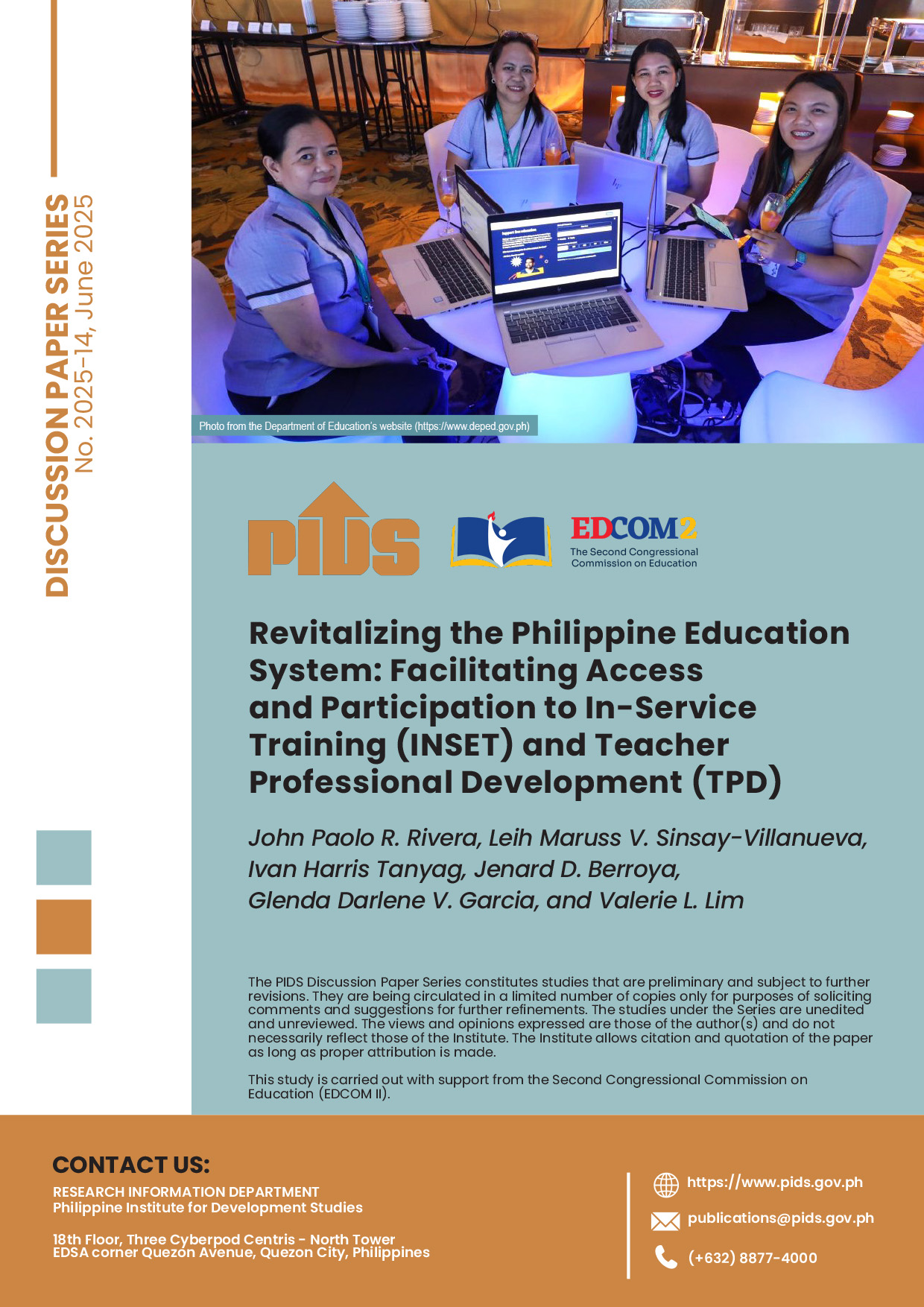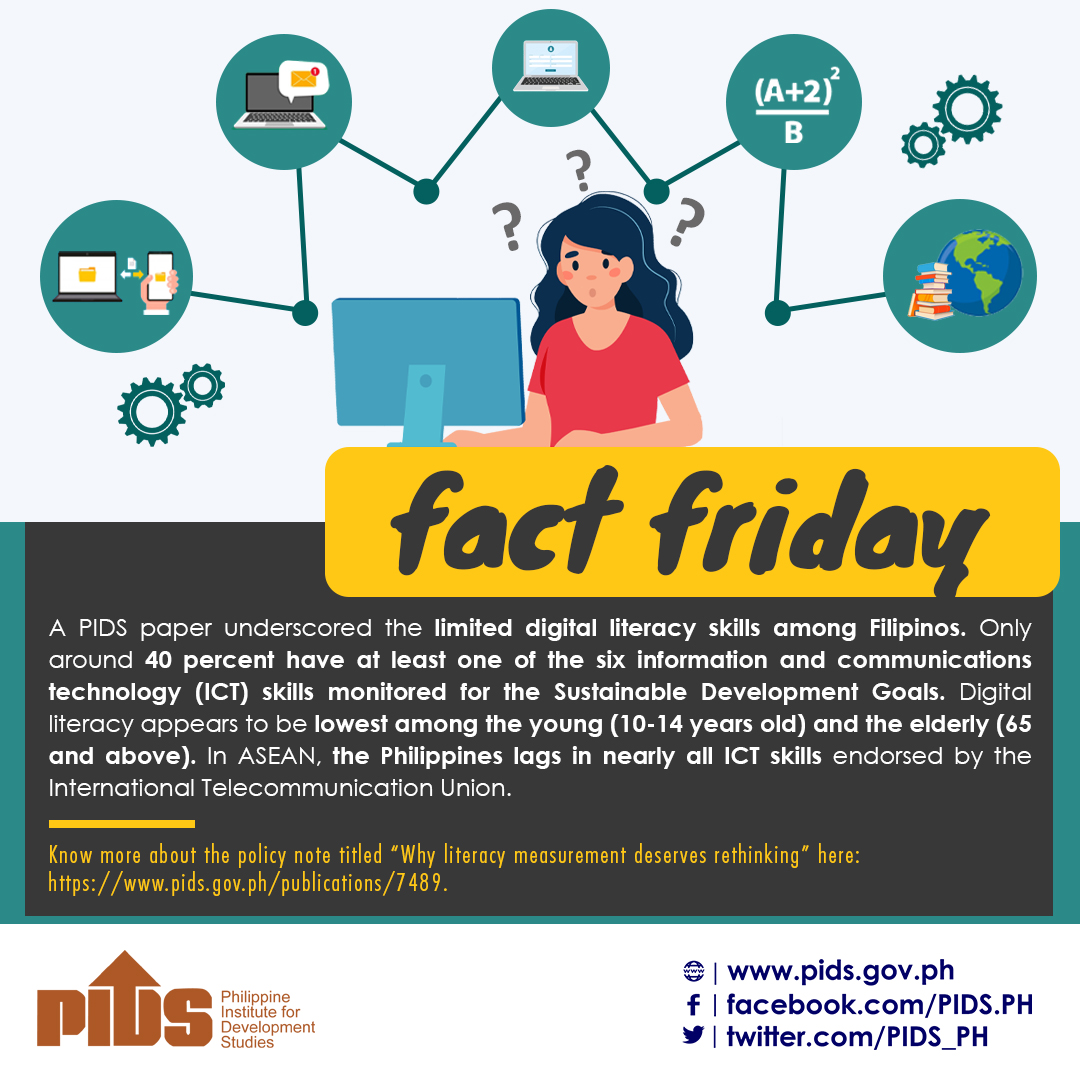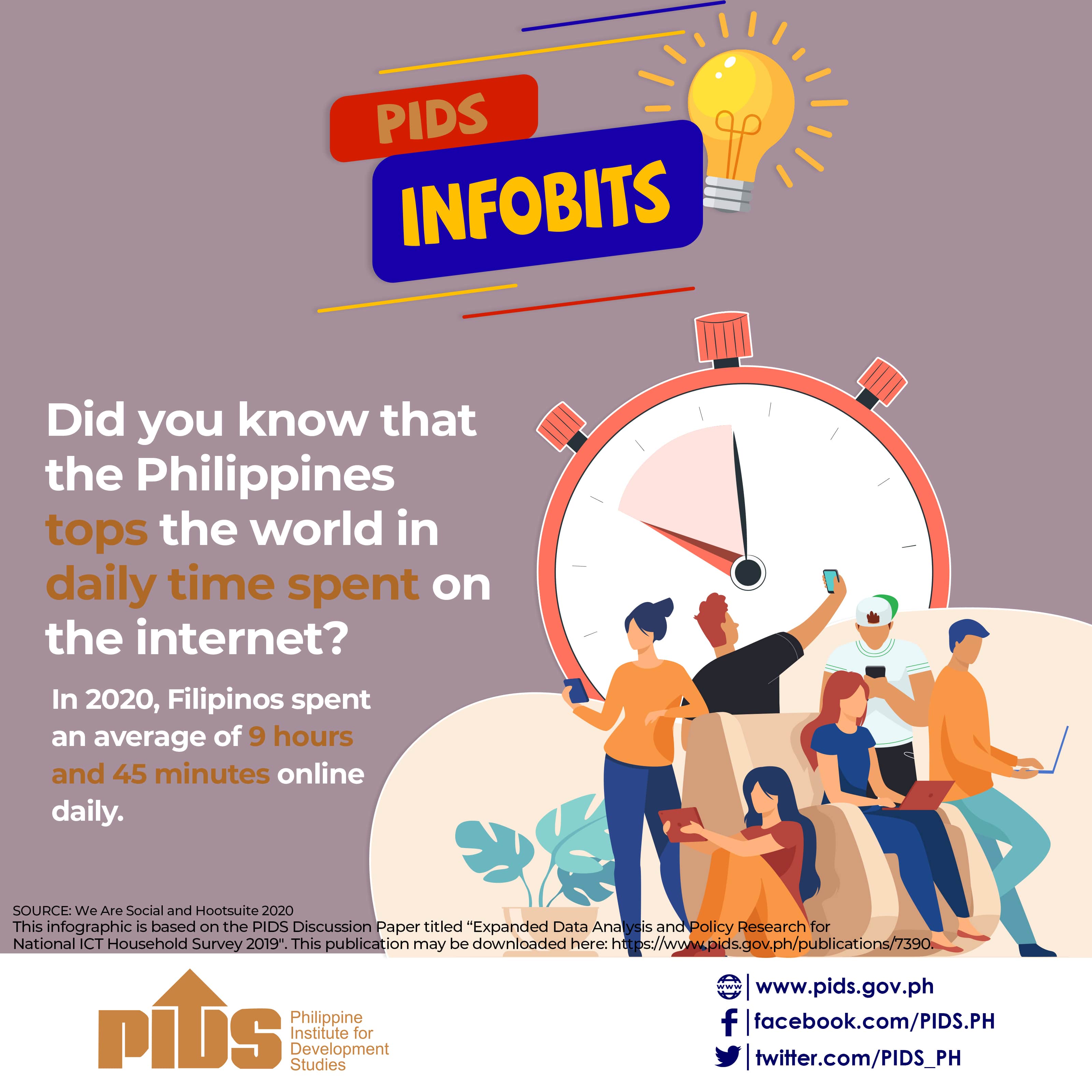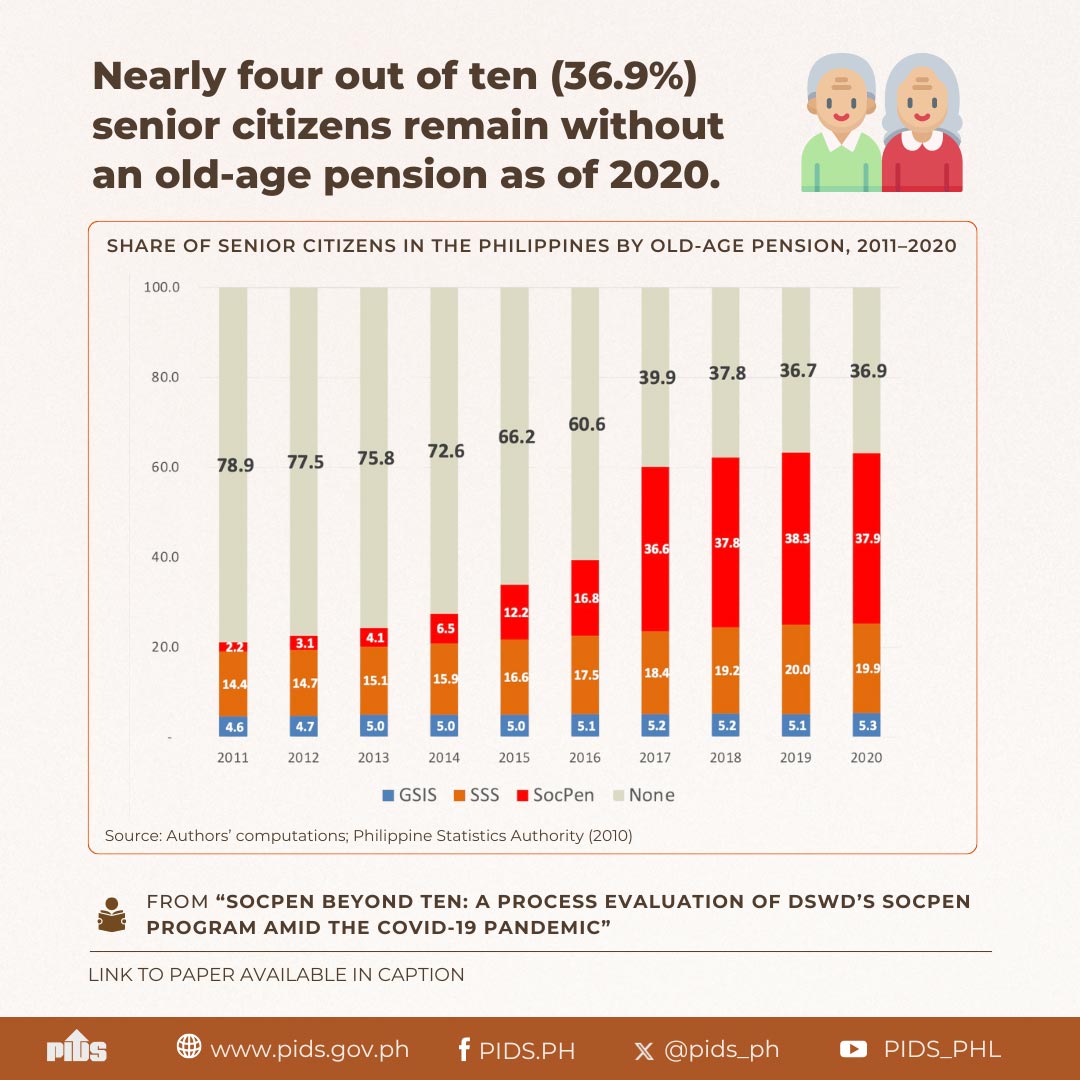A RECENT study by the Philippine Institute for Development Studies (PIDS) found that 40 percent of employed Filipinos have academic credentials beyond what is needed in their jobs, and that these Filipinos were only earning 5 percent more for finishing their studies despite being relatively overeducated for their positions.
With the growing number of jobseekers eagerly looking to start and grow in their careers, job mismatches have become normal occurrences despite being a concern in the job market.
According to JobStreet, a job mismatch is a growing phenomenon wherein the skills required to be successful in a certain position and the skills possessed by a certain employee are not aligned with each other, consequently affecting the employee's work productivity, motivation and development.
Job or skills mismatch can come in the form of either a horizontal or vertical mismatch. A horizontal mismatch is when an employee who has studied in one field works in a completely different one. Employees that are considered under this type of mismatch may have the right level of education but do not have the ideal level of expertise. An example for this mismatch is a person who has a journalism degree is working in a sales and marketing position.
A vertical mismatch is when an employee's level of expertise does not match the level needed for a job. The terms of over qualification and under qualification would fall under this type of skills mismatch. For example, an engineering graduate working as a customer support representative, a position which they may be overqualified for.
When a company's employees are not properly matched to their positions, these employees are more likely to struggle with their assignments, feel insecure, and lack motivation and development, which may lead to resignation and ultimately nullify the resources that the company has invested in.
"Job mismatches are one of the primary reasons that new hires don't stay in certain positions long term, which translates to high turnover rates for the company," said JobStreet country manager Philip Gioca.
"Not only will this require employers to invest more to hire, train new employees, but it also reflects negatively on the employee experience that other jobseekers perceive," Gioca added.
According to JobStreet, crafting a specific and well-detailed job description is important in minimizing mismatch. Employers should be clear and concise regarding the skills that the position requires, the requirements that a candidate needs to assume the role properly and what the candidate would be expected to do. This helps in targeting qualified talents and avoid misinterpretations among jobseekers.
It is also advised for employers to avoid squeezing in the roles and responsibility of two persons under one position, as this may later on lead to job mismatch. For instance, an employer opened a role for a social media community manager but would also expect this candidate to be highly skilled in graphic design.
JobStreet also suggests evaluating candidates beyond interviews through skills assessment tests, which can come in the form of tests or even job simulation activities. Skills assessment tests offer a more unbiased perspective as to what candidates are capable of and help measure their abilities.
The impact of job mismatches can also negatively affect employees and jobseekers, but there are a few things that candidates can do.
Apart from ensuring that their academic pursuits are geared toward an industry that they are interested in, jobseekers can also choose to develop valuable skills that can help minimize any skill gaps. This can help expand their abilities and increase their chances of succeeding in other jobs across industries.
Besides upskilling, JobStreet advises candidates to read job descriptions carefully to have a better understanding of what the position entails. This can help them better comprehend the skills and requirements that the job might ask for and whether they themselves are suited for the job.
"It's important for candidates to focus on the development of not only hard skills through their education and other experiences, but also soft skills. With a combination of both, candidates can then look at job listings more critically and come to a decision as to whether they would be the right fit for a position," shared Gioca.









